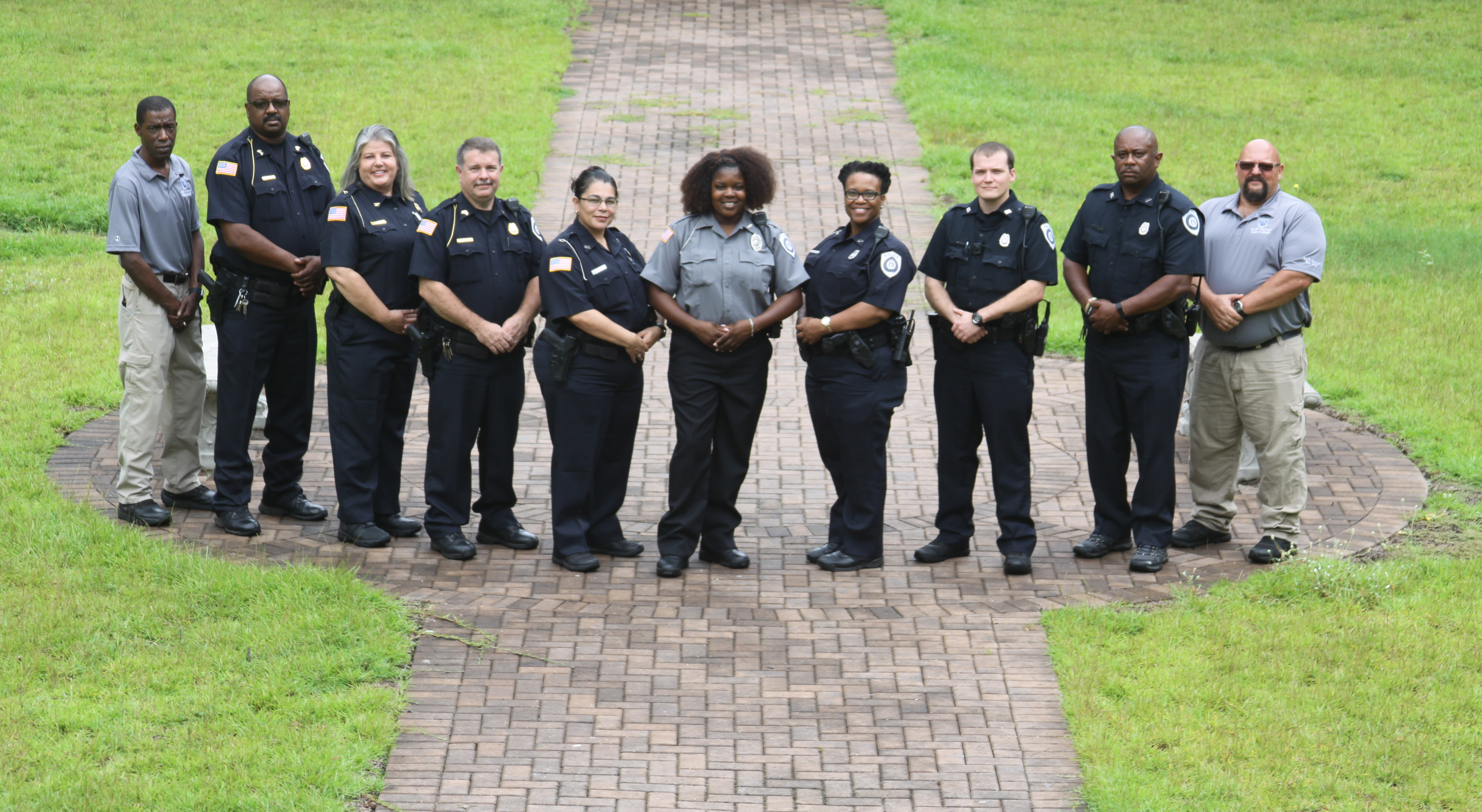Public Safety Guidelines

Ready Georgia Campaign: https://gema.georgia.gov/plan-prepare/ready-georgia
Specific Guidelines Based on Threat Level
These recommendations were compiled by the USG Public Safety Subcommittee. The recommendations for institutions within the USG are as follows:
Each campus should form a Homeland Security Committee. This committee should be composed of at minimum the following departments:
- Campus Police
- Campus Safety
- Academic Affairs
- Registrar
- Residence Life
- Public Relations
- University Maintenance
The committee should meet on a regular basis to discuss and create response plans to all potential campus emergencies. The plans should deal with issues related to terrorism as well as more common emergencies, including workplace violence and severe weather.
The plans should be shared with those campus departments who are involved with any aspect of the response. The plans should also be discussed and shared with local emergency response units within the city and / or county where the Institution is located.
The plans should be practiced using tabletop and actual mock disasters whenever feasible.
Training programs should be developed for each division, which will increase its ability to respond to a campus emergency. The training should be provided and refresher courses offered on a predetermined basis.
All institutions should prepare and have signed a mutual aid agreement, between its host city, county, and other campuses, which share a common region.
All biohazard and chemical storage lists should be provided to the campus police departments. The list should include the type of hazard, location of the material, the person who is responsible for the material with office and home phone numbers. A backup person should be available to provide the information in the absence of the primary person.
Each campus should develop redundant means of rapidly communicating with all faculty, staff and students in the event of an emergency. Suggested means of communication would include e-mail, phone trees, intra-campus radio systems, and campus walkie-talkies sharing a common frequency.
Campus police should have access to all areas of the campus. Internal key control policies should be implemented to ensure internal and external security. Electronic access control should be placed on high security areas and other facilities as time and funding allows.
Each institution should consider conducting background checks on employees with access to areas of unique risk. The Public Health Security and Bioterrorism Response Act of 2002 requires USG institutions to conduct background checks on all individuals who may handle or have access to select biological agents. USG institutions may also wish to consider conducting background checks on individuals who may have access to campus areas of unique risk, such as financial records, student records, and food services.
Each campus should survey its facilities and determine which areas are critical to the operation of the Institution. Parking near these facilities should be removed or access restricted 正版bbin平台下载 elevated threat levels. Locks and alarm systems should be installed to harden these sites as much as possible against attack.
A command center should be created which would provide a location from which campus emergencies can be handled. This site should have the capability to conduct all college functions such as class scheduling, reassignment of residence hall space, coordinate repairs, clear roads, create emergency shelters, and handle evacuations.
Campuses should be prepared to share resources with other USG institutions. Campuses should collaborate and provide threat assessment information and intelligence between institutions.
All campuses should provide information to staff and students traveling abroad on how to protect themselves in the event of a terrorist attack. Procedures should also be developed to provide for contact with those traveling to keep them informed of any changes in the global terror situation.
